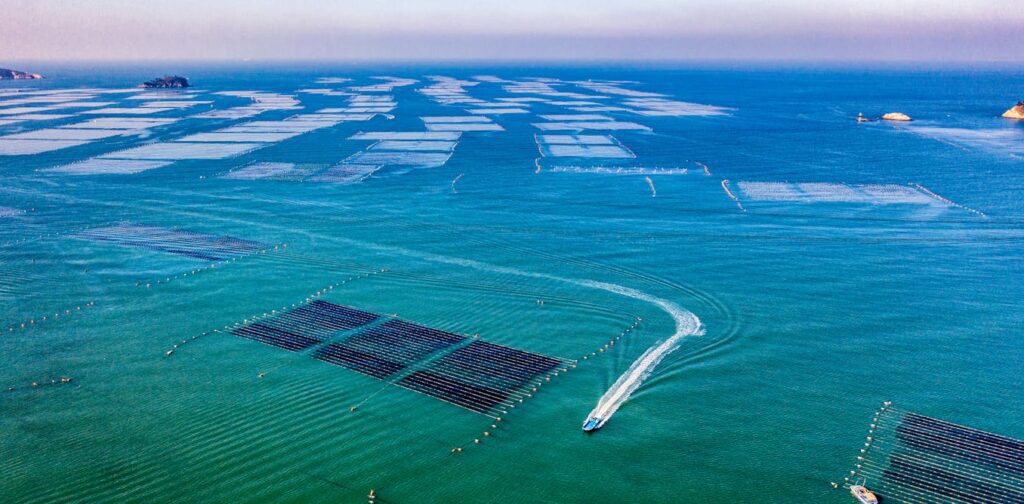The article discusses the rapid changes in the world’s oceans due to climate change, including coral bleaching, rising sea levels, and increasing seawater acidity, which threaten marine ecosystems. In response, various stakeholders—scientists, governments, and industries—are exploring marine-based interventions, such as breeding heat-resistant corals, restoring mangroves, and agricultural seaweed farming.
These interventions offer hope but come with significant risks. Many are still in developmental phases and lack comprehensive monitoring, making it difficult to assess their effectiveness or potential harm. For instance, while ocean alkalinization could help remove atmospheric carbon, it poses challenges for monitoring its impact. Coral restoration may temporarily aid biodiversity but may fail in the long term as temperatures rise, while large-scale seaweed farming could disrupt existing marine activities.
The article highlights governance challenges, noting a lack of suitable regulation and oversight for marine interventions, leading to potential ethical dilemmas about who decides what constitutes a healthy ocean and who bears responsibility for harm. There is a noted imbalance in decision-making, often excluding indigenous communities and risking historical injustices.
To progress responsibly, scientists and policymakers must collaborate on comprehensive assessments and integrate guidelines into broader governance frameworks. Emphasizing ethical, sustainable practices in ocean climate strategies is critical for fostering a resilient marine environment. Overall, the ocean remains vital for climate solutions, but its management must be approached with caution and foresight.
Source link


